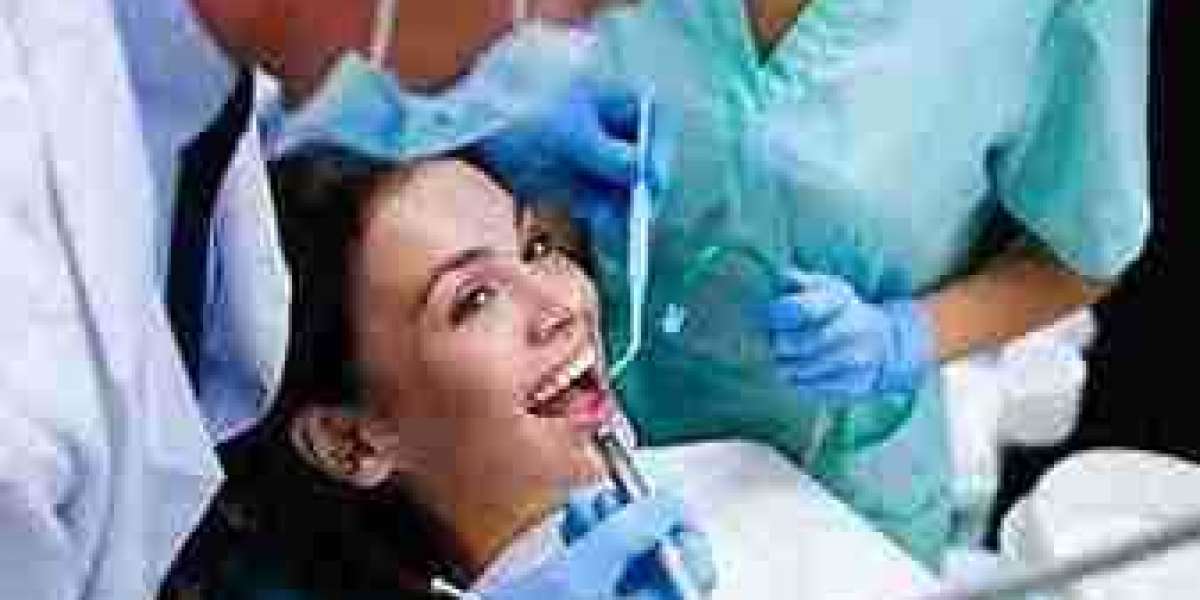For many women, maintaining oral health is about more than brushing and flossing. In fact, hormonal fluctuations throughout various life stages can significantly influence the state of teeth and gums. From puberty to menopause, the ebb and flow of hormones such as oestrogen and progesterone play a surprisingly powerful role in dental health. While this connection is not always widely known, understanding it can empower women to take timely steps to protect their smiles.In this article, we explore the science behind hormonal changes and dental health, identify vulnerable stages of life, and provide practical tips for prevention and care.
How Hormones Impact Oral Health
Hormones act as chemical messengers in the body, regulating everything from metabolism to mood. When it comes to oral health, they can alter how gum tissues react to bacteria, influencing inflammation and blood flow. The two main hormones involved are oestrogen and progesterone.
- Oestrogen helps maintain healthy bone density, including the jawbone that supports teeth.
- Progesterone increases blood circulation to the gums but can also heighten inflammation.
These hormonal changes can heighten the body’s sensitivity to plaque, resulting in increased gum inflammation, bleeding, and discomfort.
Hormonal Factor | Effect on Oral Health |
IncreaseOestrogen | Enhanced blood supply → gum sensitivity |
Increased Progesterone | Heightened response to plaque bacteria |
Reduced Oestrogen | Bone loss, dry mouth, increased decay risk |
Even minor hormonal changes can lead to symptoms that require professional dental care. It’s one reason why many women benefit from regular visits to a hygienist in Camberley, particularly during transitional life stages.
Life Stages That Influence Dental Vulnerability
Hormonal fluctuations during specific stages of a woman’s life can make dental changes more likely. Awareness of these phases can help reduce long-term damage and improve preventative care.
1. Puberty
As hormone levels surge during adolescence, girls may experience increased gum sensitivity and inflammation.
- Swollen or red gums
- Bleeding during brushing
- Mouth sores or ulcers
These symptoms are often mistaken for poor brushing habits, but hormonal surges are frequently to blame. A visit to a dentist in Camberley can help teens manage symptoms early and build healthy lifelong habits.
2. Menstruation
In the days leading up to menstruation, many women report:
- Tender, swollen gums
- Minor bleeding
- Canker sores or cold sores
These effects are temporary but can still cause discomfort. Regular cleaning by a hygienist in Camberley during these phases can help manage plaque build-up and reduce inflammation.
3. Pregnancy
Pregnancy is one of the most significant hormonal shifts a woman experiences. Elevated hormone levels, especially during the second and third trimesters, can cause:
- Pregnancy gingivitis (affecting 60–70% of pregnant women)
- Formation of benign growths known as pregnancy tumours on the gums
- A higher likelihood of tooth decay and enamel erosion caused by morning sickness.
Poor dental health during pregnancy has also been linked to complications such as premature birth or low birth weight. In these cases, early intervention from an emergency dentist in Camberley may be necessary to protect both mother and baby.
4. Menopause and Post-Menopause
As oestrogen levels drop significantly, post-menopausal women often report:
- Dry mouth (xerostomia)
- Altered taste perception
- Burning mouth syndrome
- Gum recession and increased tooth mobility
Reduced bone density can impact the jawbone, raising the chances of losing teeth. These symptoms, though manageable, highlight the importance of routine checks and personalised care.
Common Oral Health Issues Among Women
Due to hormonal factors, women are more prone to certain oral conditions, including:
- Dry Mouth (Xerostomia): Can lead to bad breath, decay, and discomfort.
- Burning Mouth Syndrome: A painful condition often linked to menopause.
- TMJ Disorders: Jaw joint issues more commonly reported in women.
Here’s a quick reference:
Condition | Associated Hormonal Phase |
Pregnancy Gingivitis | Pregnancy |
Dry Mouth | Menopause |
Periodontal Disease | All stages (especially menopause) |
TMJ Disorders | Reproductive years |
Maintaining oral health through each life phase ensures fewer disruptions and long-term dental wellness.
Proactive Dental Care at Every Stage
Taking preventive steps tailored to hormonal changes can make a remarkable difference in oral health outcomes. Here are proactive tips women can follow:
- Brush twice daily using fluoride toothpaste.
- Floss once a day to remove plaque between teeth.
- Use antibacterial mouthwash during high-risk phases like menstruation or pregnancy.
- Schedule regular appointments with your local dentist in Camberley to monitor gum health.
- Consider saliva substitutes or sugar-free gum to combat dry mouth during menopause.
- Inform your dental team about hormonal changes, pregnancy, or menopause.
Pro tip: Keeping a dental journal that tracks symptoms alongside your hormonal cycle can provide valuable insight during your dental visits.
Impact of Birth Control Pills on Oral Health
Hormonal contraceptives, such as birth control pills, introduce synthetic oestrogen and progesterone into the body. These added hormones can also influence oral health in subtle but important ways.
Potential oral effects include:
- Increased gum inflammation
- Higher sensitivity to plaque and bacteria
- Potential risk of dry socket after tooth extraction
Women using hormonal birth control should mention this to their dentist in Camberley, especially before undergoing dental surgery or deep cleaning. Adjusting oral hygiene practices or appointment timing with a hygienist in Camberley may help reduce risks associated with hormonal contraceptive use.
The Role of Dental Professionals in Supporting Women’s Oral Health
Dentists and hygienists play a crucial role in identifying hormonal influences on oral health and tailoring treatments accordingly. They can:
- Offer customised cleaning schedules
- Monitor gum recession and bone loss
- Provide supportive treatments such as topical fluoride or desensitising agents
- Work with other healthcare providers like gynaecologists when necessary
Engaging with an experienced hygienist in Camberley ensures early intervention and specialised care that aligns with hormonal needs. In urgent cases, such as sudden gum swelling, unexplained bleeding, or severe discomfort, booking a visit with an emergency dentist in Camberley can prevent complications and protect overall health.
Conclusion
Hormonal changes are an inescapable part of a woman’s life, but their impact on oral health doesn’t have to be. From adolescence to menopause, staying informed and proactive can help women maintain strong, healthy teeth and gums. With the right support, from daily habits to professional dental care, every woman can take control of her oral wellbeing.For trusted, personalised dental care throughout every phase of life, turn to Camberley, where expertise and compassion come together to support women’s unique dental needs.







